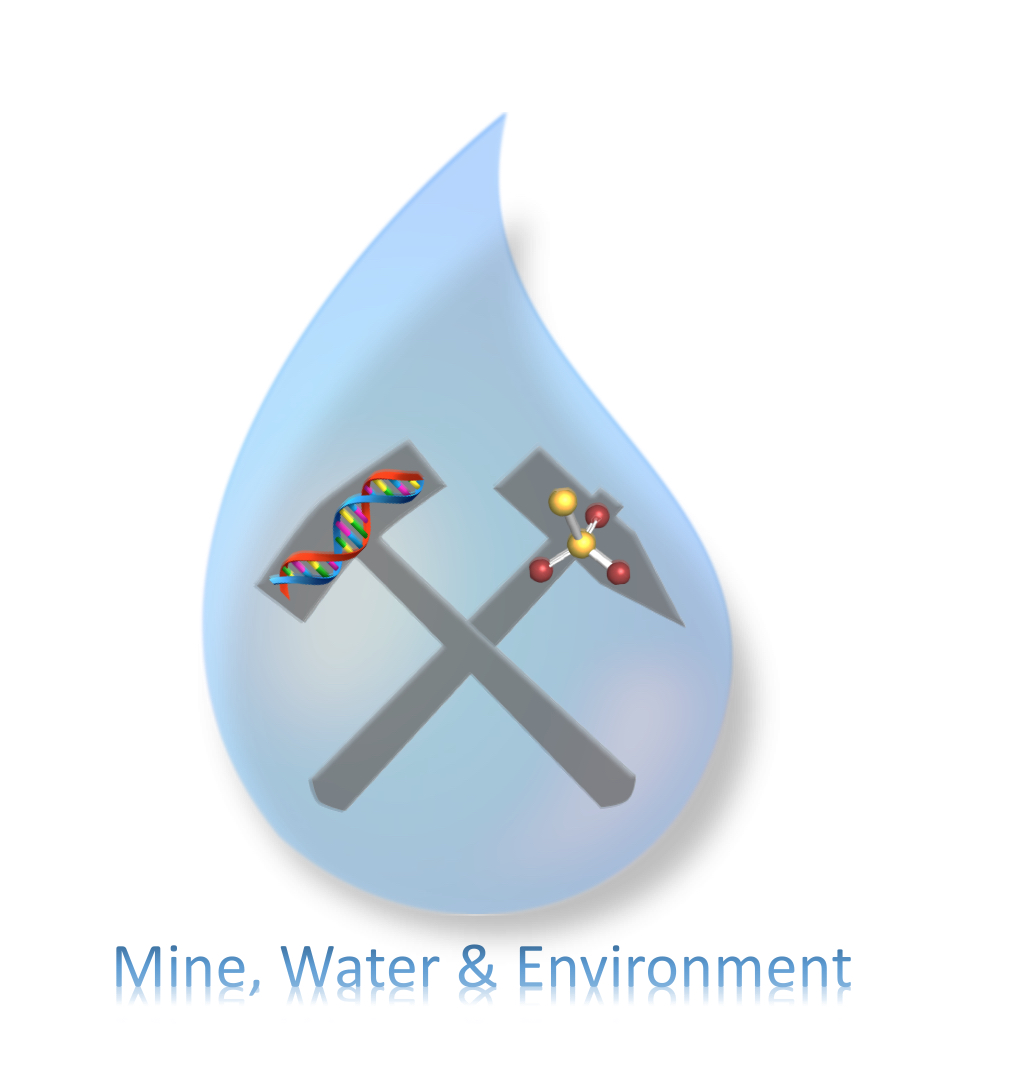Next Generation Biological Treatment through Functional Genomics
The production of sulphur-contaminated water is the largest mining-related environmental liability.
Bacteria drive sulphur compound transformations in these waters and they yet these microbes remain largely unconstrained and poorly understood. Minimal research to date has examined the bacteria inhabiting these mining impacted waters (i.e. tailing reservoirs and their respective receiving environments) to evaluate how they effectively govern the sulfur geochemistry.
Within our research group, functional metagenomics integrated with high resolution sulphur geochemistry are being used to directly address critical knowledge gaps related to in situ processes in these waters utilizing field-scale experimental manipulations, Our research is conducted in wastewater impoundments and purpose-built test ponds specifically constructed for this research by our industry partner, Glencore INO at their Cu/Ni mine in Northern Ontario. In addition, wastewater impoundments at the HudBay Minerals 777 mine in Northern Manitoba, and Rambler Metals and Mining Baie Verte mine in Newfoundland, have been investigated.
Our project objectives are:
- Lower management costs
- Decrease risk of environmental impacts
- Reduce liabilities to aid the sustainability of this vital industry while protecting Canada’s freshwater resources
Funding for this project comes from our industrial partners, the Ontario Research Fund and Genome Canada.




